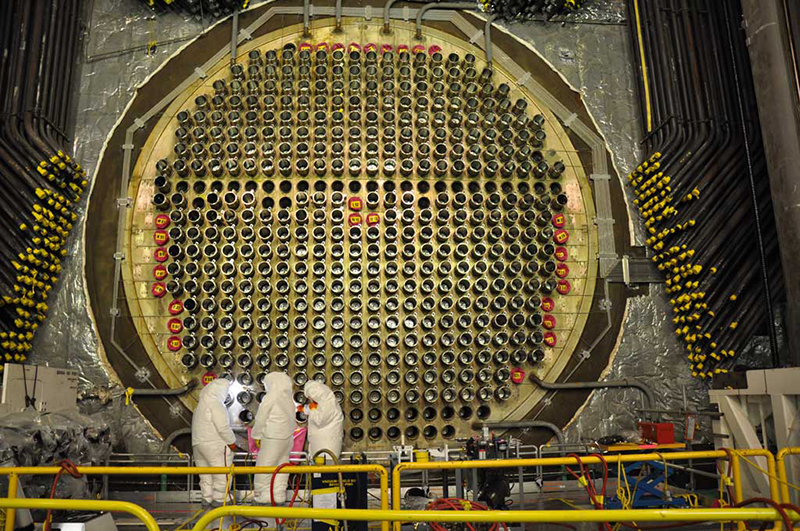The Titanic Fallacy

A while ago I pointed out that we should never be using confidence in engineering as our primary argument in supporting technology because if we did somone would simply raise the Titanic argument.
The Titanic is the best-known example of where engineers said something could never happen and then it did. It implies that whenever anyone says engineering will prevent something happening they could be wrong and as everyone knows the titanic story its a winning argument. Most responses end up sounding weak and defensive and that’s why I suggest we should never create a situation where that argument can be used.
The industry argument for the safety of the Deep Geologic Repository, has been fashioned around engineered barriers, and almost every day I see these arguments get punctured by the Titanic argument and sunk without trace.
This got me thinking about how we might keep our ship afloat after this iceberg has been struck.
And thinking about that made me realise just how fallacious the Titanic argument is. It is obviously a cherry pick fallacy as the fact that the Titanic sank ignores the fact that the vast majority of ships don’t sink, so that the logical, evidence-based conclusion, would be that we can trust engineering. But that doesn’t get past the “but it could happen” argument.
But this Titanic argument harbors another fallacy, and I could not find that either named nor written about, so I am going to create it and call it the Titanic Fallacy. The Titanic Fallacy is when someone invokes a disaster that could happen when engineers said it couldn’t, to suggest that if an engineer says something cannot happen then it can.
As an example, the Titanic was a disaster because it could sink, had lots of people on board and was inadequately equipped with lifeboats. But if the Titanic was on land, it couldn’t sink, and if it had no one on board or it had adequate lifeboats it would not have been a disaster.
This highlights the fallacy in the argument of people that say the DGR could be a disaster because engineers say it won’t be. It can’t be a disaster because it does not completely rely on the engineered barriers. Even if they fail no disaster would occur.
Sure, it might not perform as expected. Engineered barriers could fail sooner than expected, water intrusion may be earlier than expected, reabsorption may be less than predicted, ion mobility may be higher. But none of these things lead to a disaster. Our figurative, Titanic is on land, has few passengers and there are lifeboats aplenty.
Reference to this fallacy, or better still pointing out the actual fallacy could go a long way towards regaining the higher ground when the Titanic is figuratively raised.
The Canadian Nuclear Society
Popular Core Business Articles
- The important differences between Hazard, Danger, Risk and Fear when considering a Deep Geologic Repository for used nuclear fuel.
- Deep Geologic Repositories (DGRs)? Distressed purchase or Jewel in the Nuclear Crown
- An article by the Breakthrough Institute
- How do we quickly and succinctly explain why wind and solar are not cheap?
- The Titanic Fallacy

Leave a Reply
You must be logged in to post a comment.